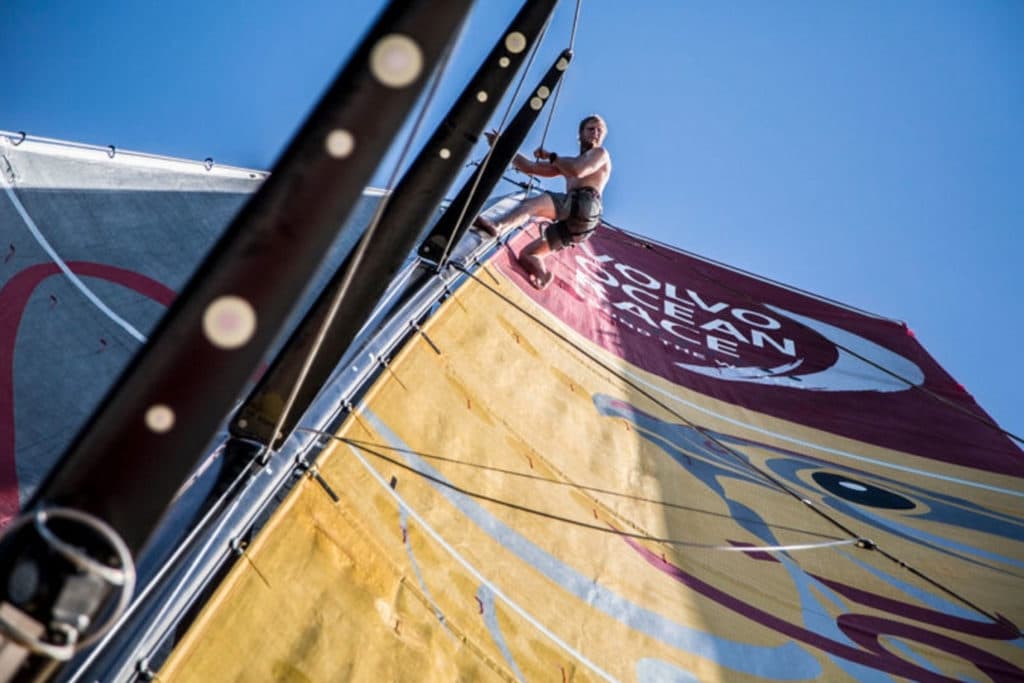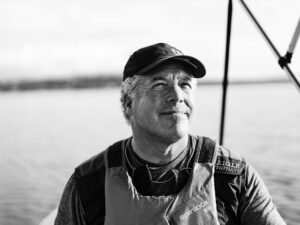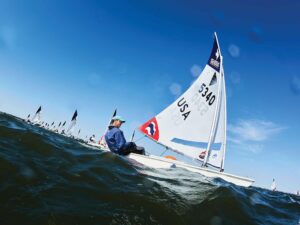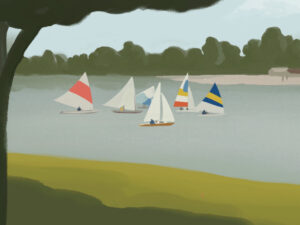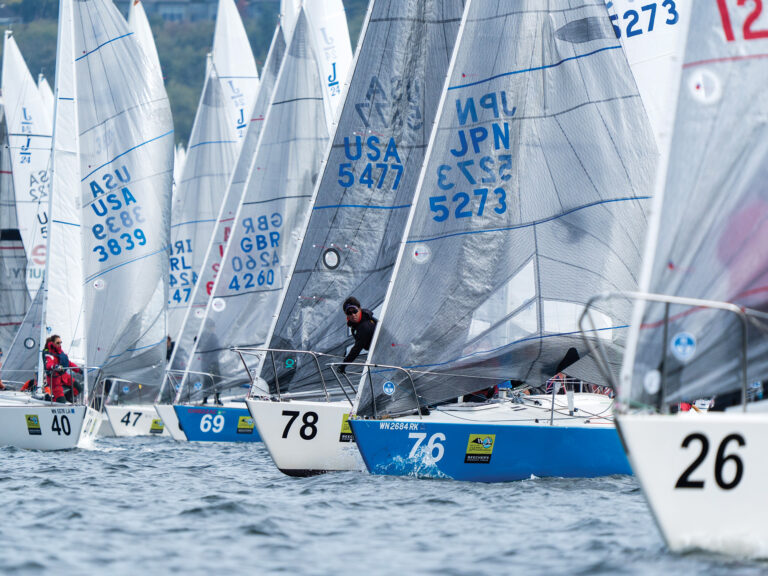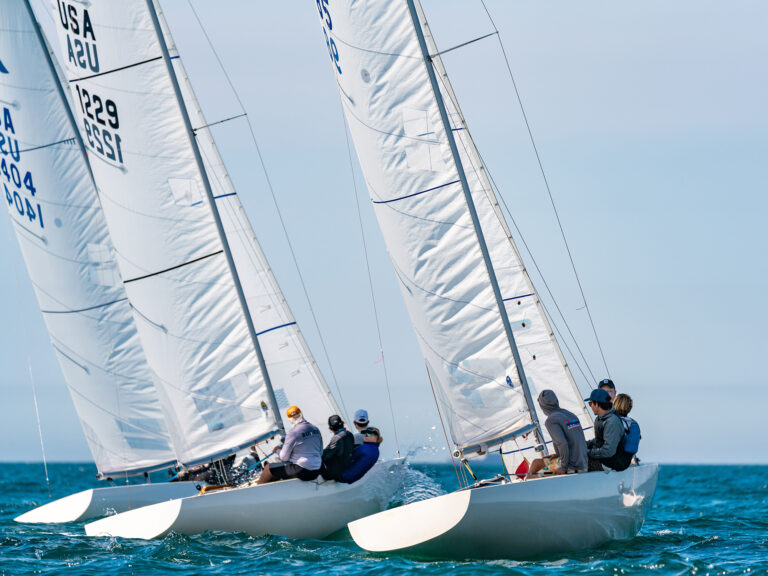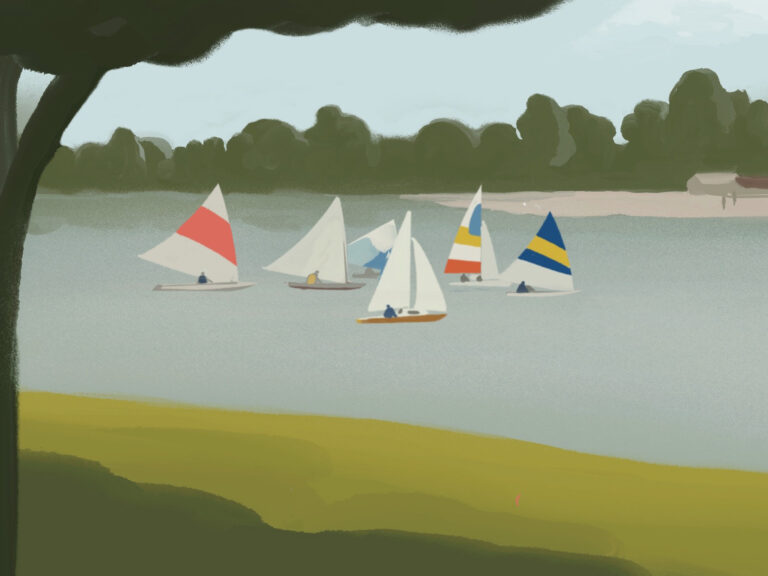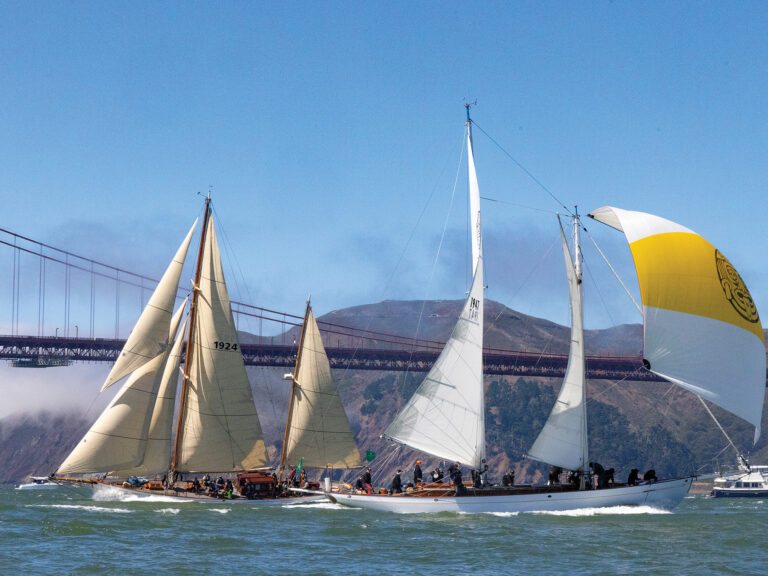Normally when professional sailors have been at sea for a long leg in the Volvo Ocean race it is easy to get them to reflect back on the entire period offshore. In this case it was the 5,220-nautical mile stage from Cape Town to Abu Dhabi – the second stage of this year’s Volvo – that took the crew on the China-sponsored entry Dongfeng Race Team just under 24 days to complete.
But the striking thing about the men on board Dongfeng, the bright red Volvo Ocean 65 that finished the stage in second place, is that all of them were finding it very hard to think of anything except the final few hours. That was when their rivals for honours on the leg, Bouwe Bekking’s, Team Brunel, overtook them. The Dutch boat went from some 15 miles astern to a mile ahead and made it to the finish 16 minutes to the good.
The Dongfeng Race Team has established its credentials in this race with two consecutive second place finishes. Its performances have been based on consistently good boat speed in heavy and light airs and on most points of sail in a tight one-design fleet. They do not like being overtaken by any of their rivals on the same point of sail just a few hundred metres apart. And in Abu Dhabi, skipper Charles Caudrelier of France and his eight-strong race crew are still trying to figure out where Brunel found the extra pace.
“We are proud of our performance but we are a bit disappointed because a few hours ago we were leading, but Bouwe did a fantastic job as well,” said Caudrelier, fresh from the podium finisher’s press conference. “But that is the game. You need a winner and you need a second. Next time we will try to change the order.”
French crewman Kevin Escoffier, wanted answers. “For me it is quite hard to think of the rest of the leg because, presently, I am only thinking about today,” he said at his hotel. “We were one mile ahead of Brunel and they had these big gusts and were able to come back on us and pass us. I am quite frustrated by that and it was a key point in the leg, because we were ahead.”
One of the two Chinese crew on board, Liu Xue, aka Black, was wondering whether a lack of experience is counting against this young crew who are learning all the time. “We are just missing first place maybe because we are making small mistakes,” he said. “We have to learn to avoid them and get better.”
Yet despite the obvious frustration, the Dongfeng team now has a share of a three-way tie for first place overall, alongside Brunel and the pre-race favourite, Abu Dhabi Ocean Racing skippered by Britain’s Ian Walker, that finished the stage to the Gulf in third place. You cannot help thinking that the way Caudrelier’s team is reacting to being beaten in the final run-in offers a powerful insight into their competitive spirit and their determination to keep improving. Escoffier will be leading the hunt to nail the reason for Brunel’s advantage. “Downwind we are quite fast but reaching with a masthead sail they are very fast and we need to find out why,” he said.
The stage from Cape Town began with a rough opening as the Volvo fleet hammered its way eastwards into strong winds and big Southern Ocean seas. But Caudrelier dismissed that as a fairly insignificant part of a leg that was characterised by light winds and high temperatures that sapped his crew’s energy and patience.
The finish apart, the key moment Caudrelier believes was the phase in the southern Indian Ocean when navigator Pascal Bidegorry made the right calls as Dongfeng made her way across a light wind ridge into the Doldrums. A mistake at that stage would have cost the Chinese boat dear, something underlined by the fate of Mapfre, skippered by Iker Martinez, which split from the fleet to the east and paid a heavy price, finishing the stage in fourth place.
“The routing (on the computer) was for going east but it was a very extreme call and based on playing a small windshift which was really dangerous,” recalled Caudrelier. “It was a tricky situation. The weather models for that part of the ocean are not good. You have to try and work out why the routing is taking you in a certain direction and then assess it yourself which is what we did. We thought the east option was gambling too much on the shift and we preferred to stay where we were.”
The final days of the leg saw a fascinating match race with Brunel that had Dongfeng and the Dutch boat only a few miles apart and, at one point, crossing within metres of each other. This proved a great test of trimming skill as Caudrelier’s crew sought to match Bekking’s team as the yachts made their way north towards the Gulf in baking heat.
Although the Dongfeng crew were equal to the challenge set by Brunel and indeed got ahead towards the end, it is significant that they tried at all times to sail their own race and deliberately avoided getting into a potentially wasteful match race that could have allowed Walker to sneak up from third place and take the lead.
“Although we were together, we did not focus too much on each other,” said Caudrelier. “We still kept the big picture in our minds and that’s why we sailed a good leg. We could have fought with them and ended up doing something stupid. In fact we didn’t really try to follow them but we found that we always made the same choices as them, using the same routing and forecasting information.”
Overall Escoffier believes Dongfeng benefitted from never making any bad errors on a long stage. “It was case of not making any mistakes,” he said. Black, meanwhile, was able to reflect on his first experience of racing on board Dongfeng and with a team he briefly left in the build-up to the race after becoming convinced he might never be good enough to make the crew. “I really enjoyed the racing,” he said. “On the boat, I had to do my best. Everybody helped me and Charles taught me how to do things better and do more good things and, I think, I did not let him down,” he said. His skipper was full of praise for Black, naming him his “most valuable player” of the leg. “He has huge potential,” said Caudrelier. “He has an instinctive feel for this sport and, if he continues, I have no doubt he will become a great sailor.”
Caudrelier himself is delighted with the performance of his crew to date. He knows he has a strong team and he is particularly pleased that morale on board has been excellent. But he knows that people are increasingly regarding the Dongfeng crew as serious contenders in this race. “The pressure is increasing because now everybody is going to expect results from us,” he said.
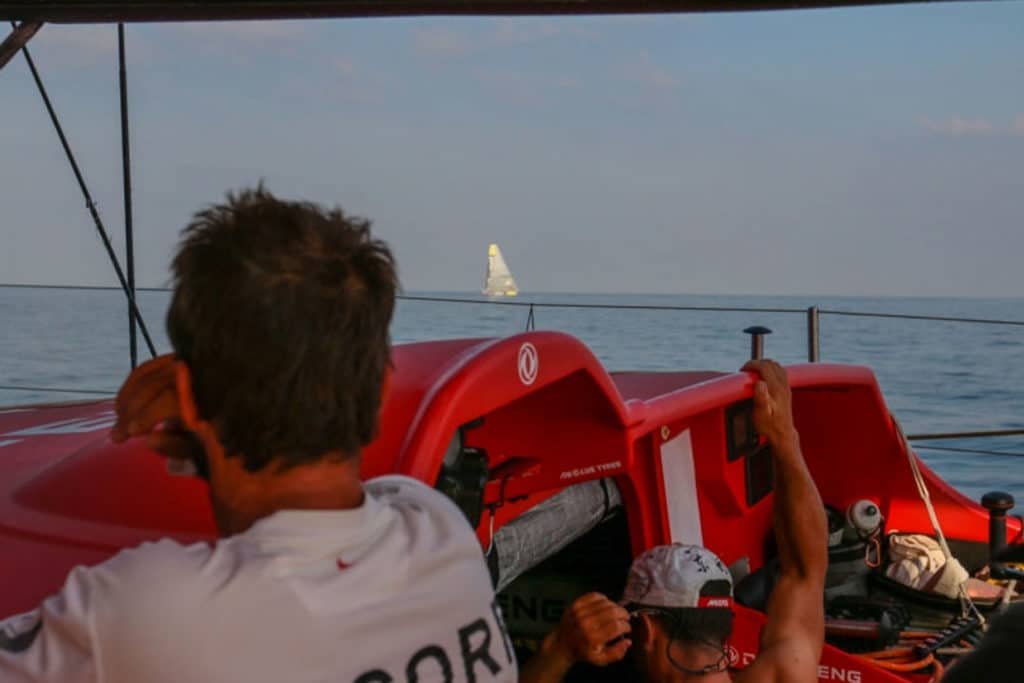
Dongfeng and Brunel
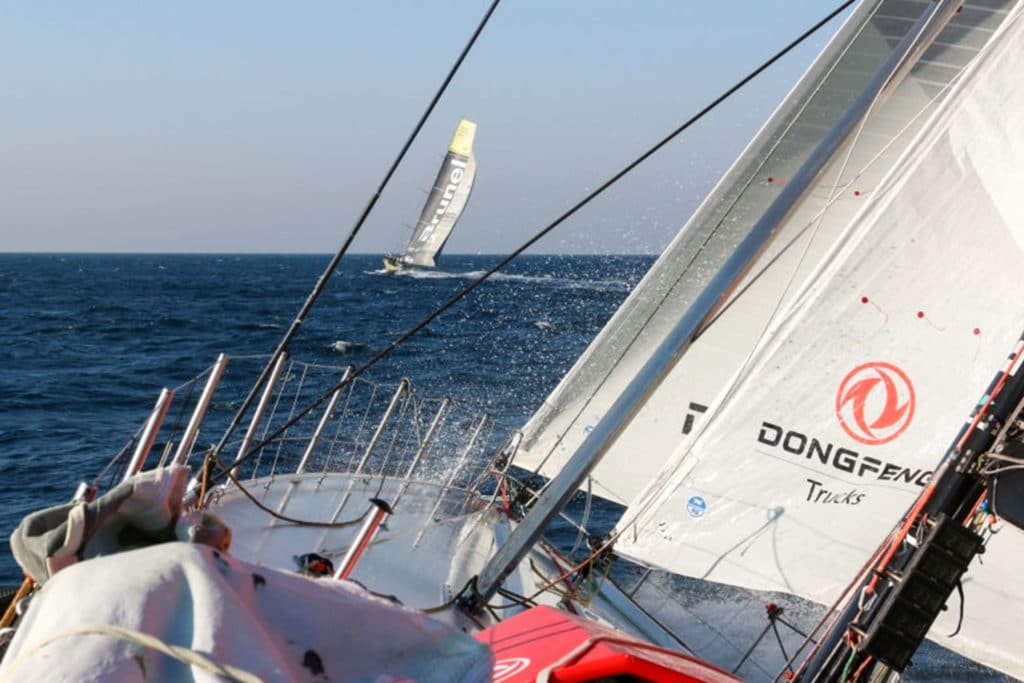
Brunel passes Dongfeng
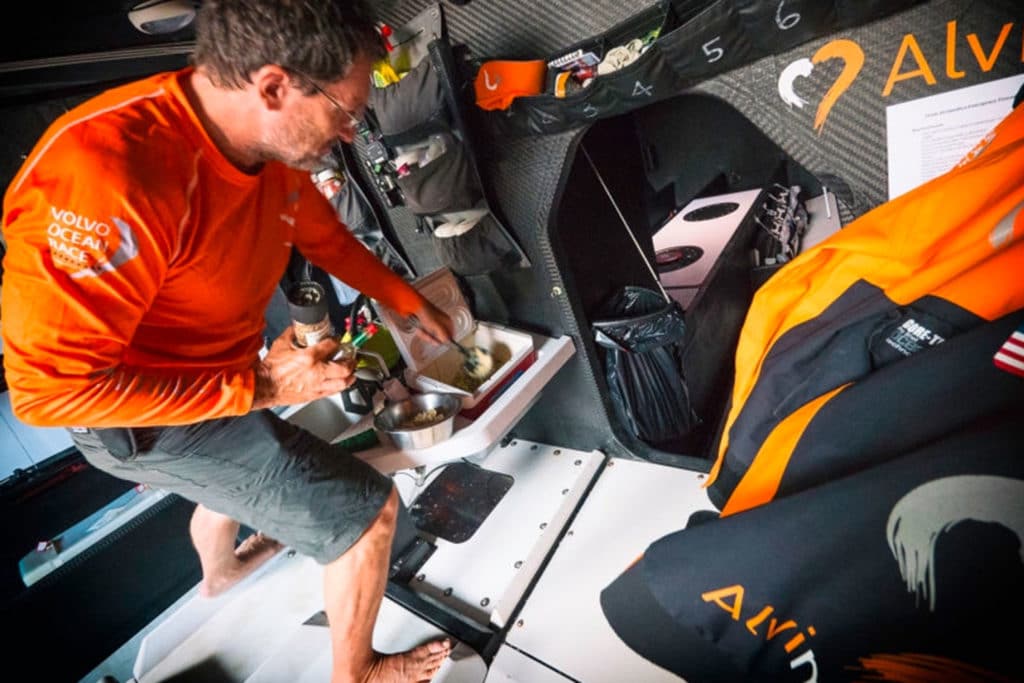
Will Oxley
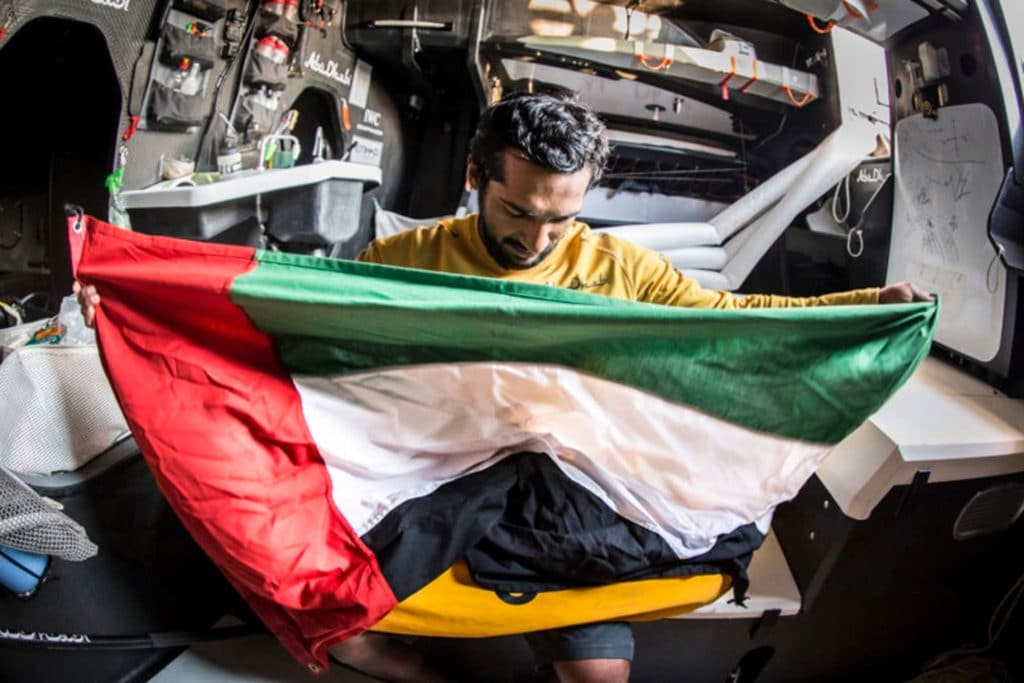
Adil Khalid
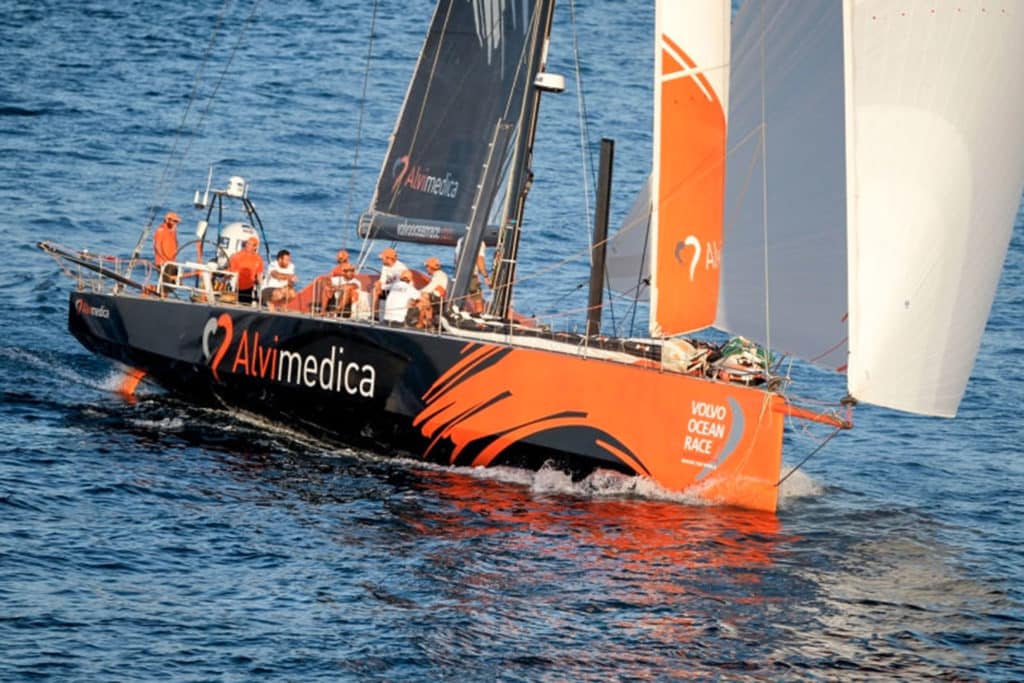
Team Alvimedia Arrives in Abu Dhabi
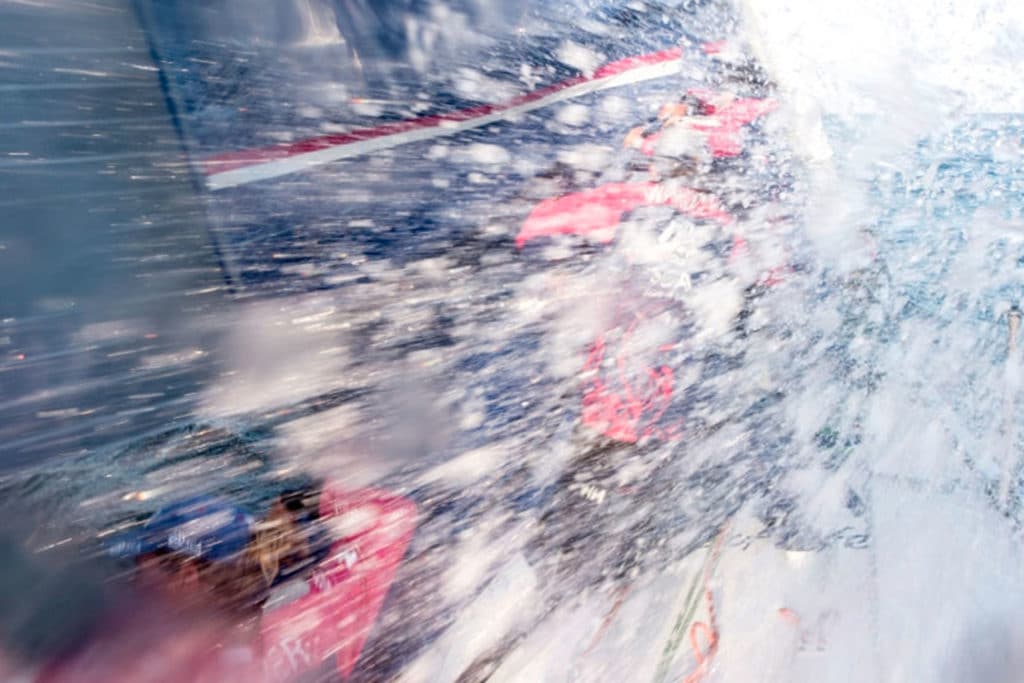
Team SCA takes a wave on Leg 2
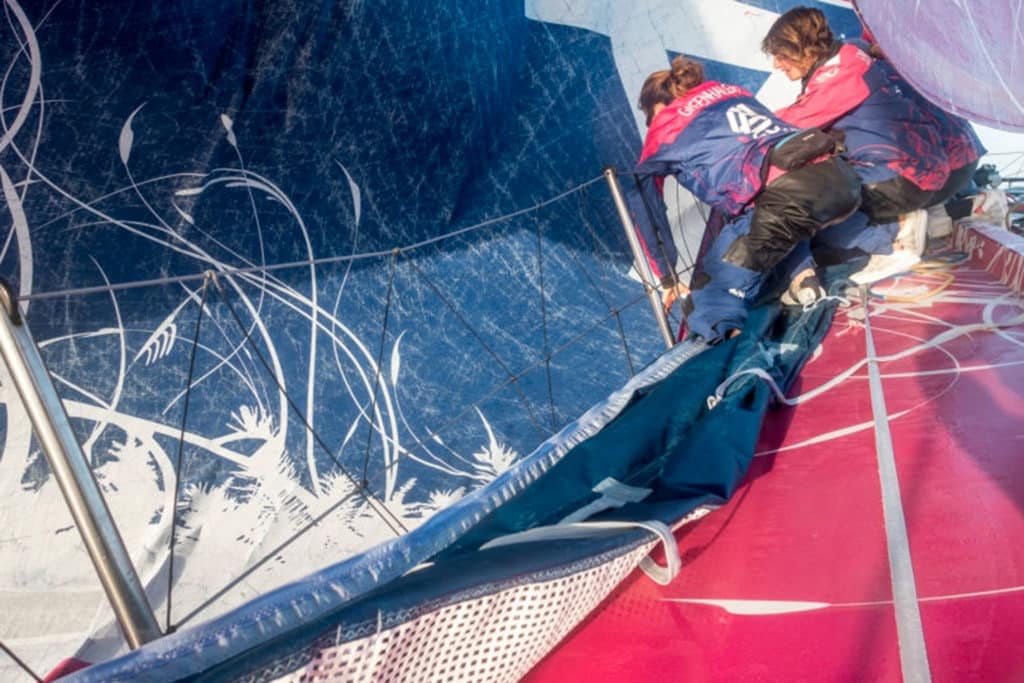
Libby Greenhalgh and Justine Mettraux
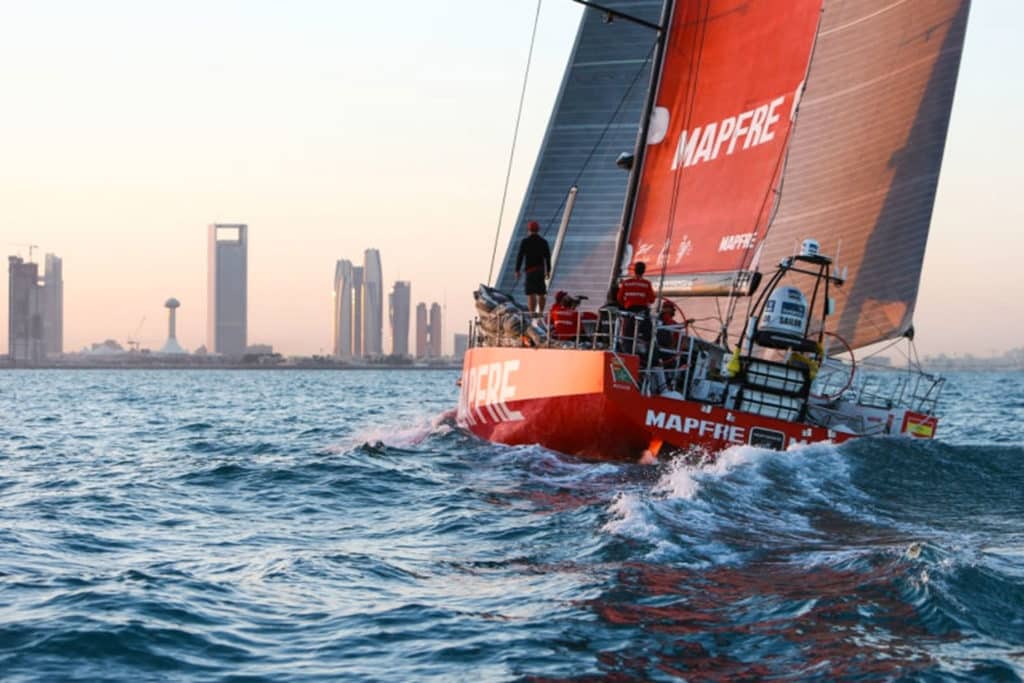
MAPFRE is the 4th team to finish Leg 2
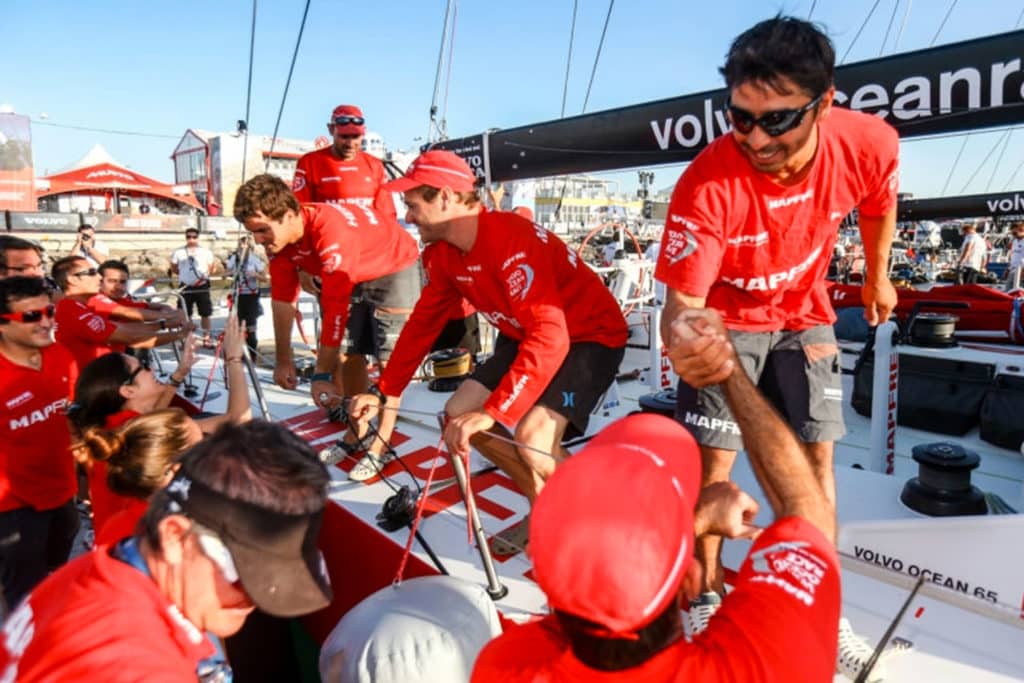
MAPFRE is welcomed into Abu Dhabi
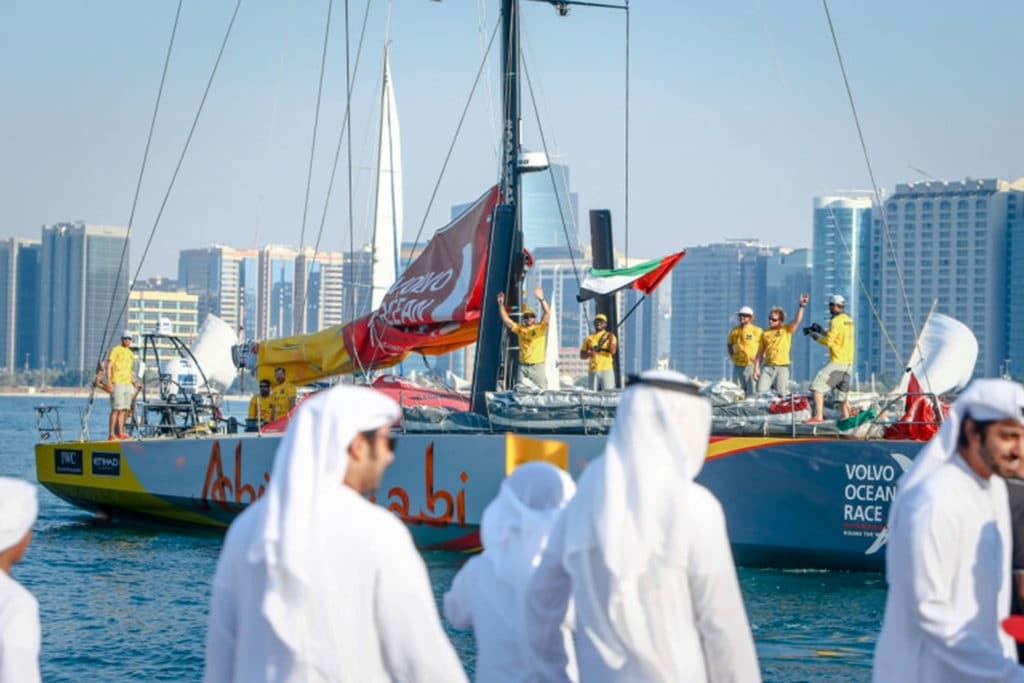
Abu Dhabi Ocean Racing arrives
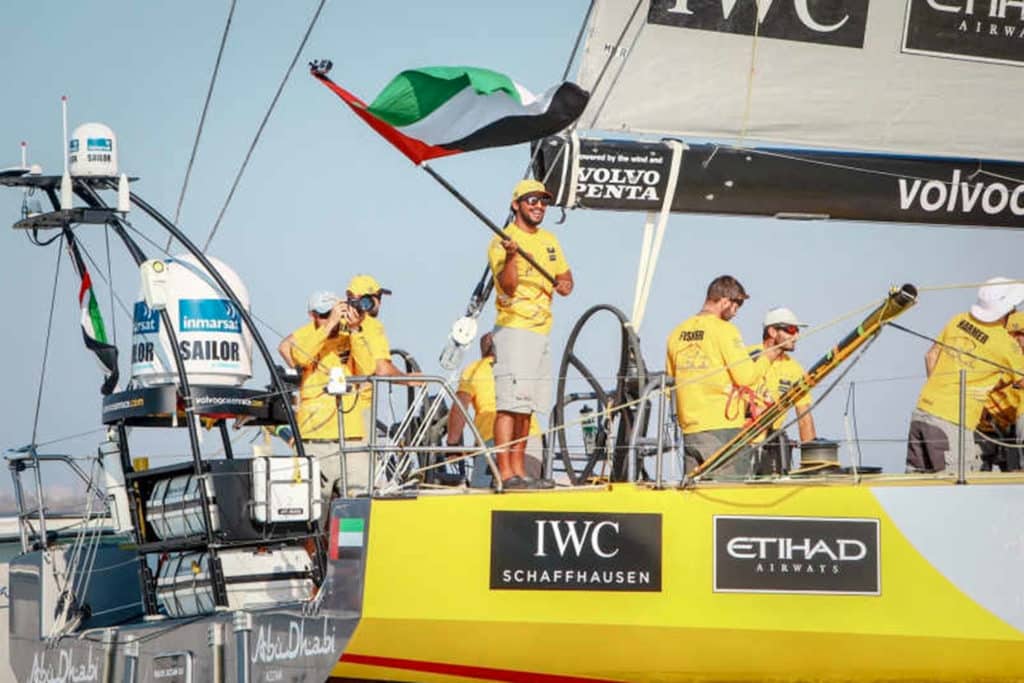
Adil Khalid waves the UAE flag
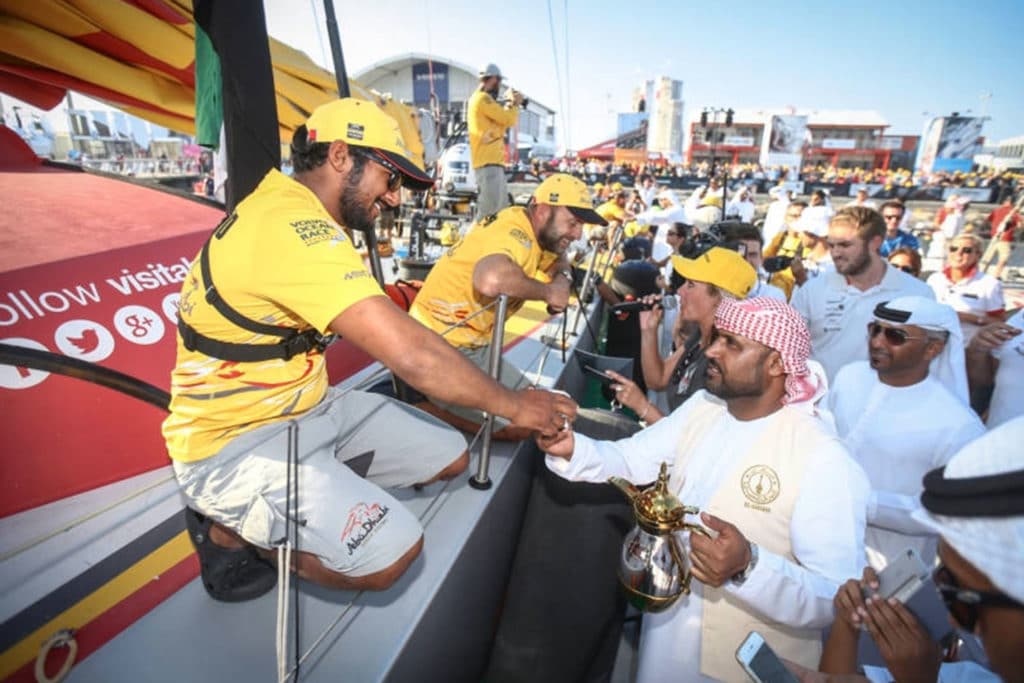
Adil Khalid is welcomed on the pontoon.
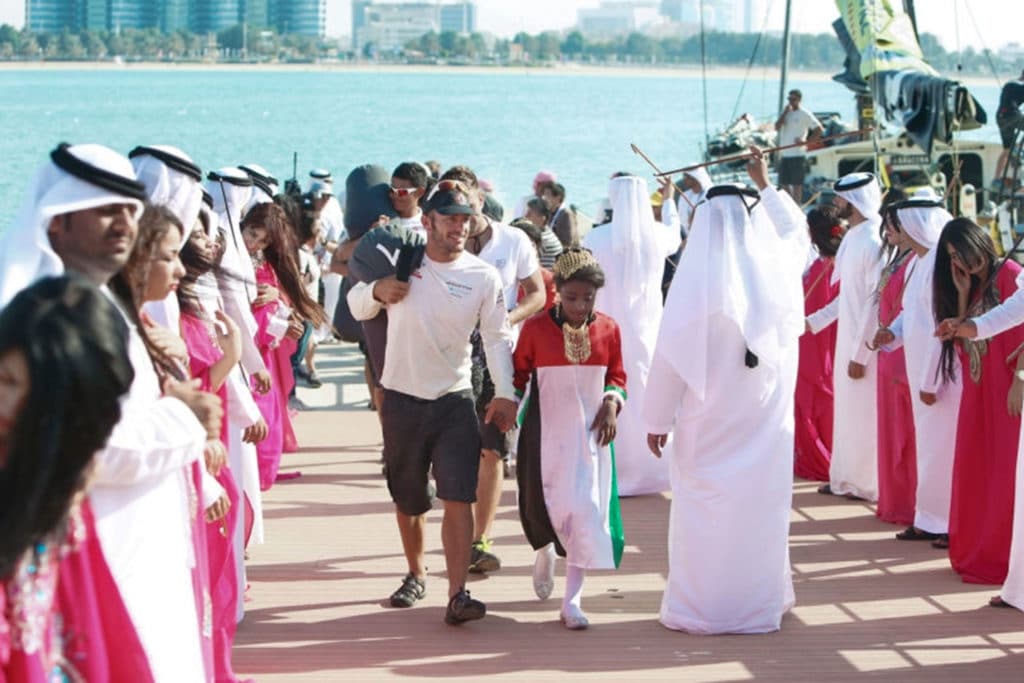
Eric Peron
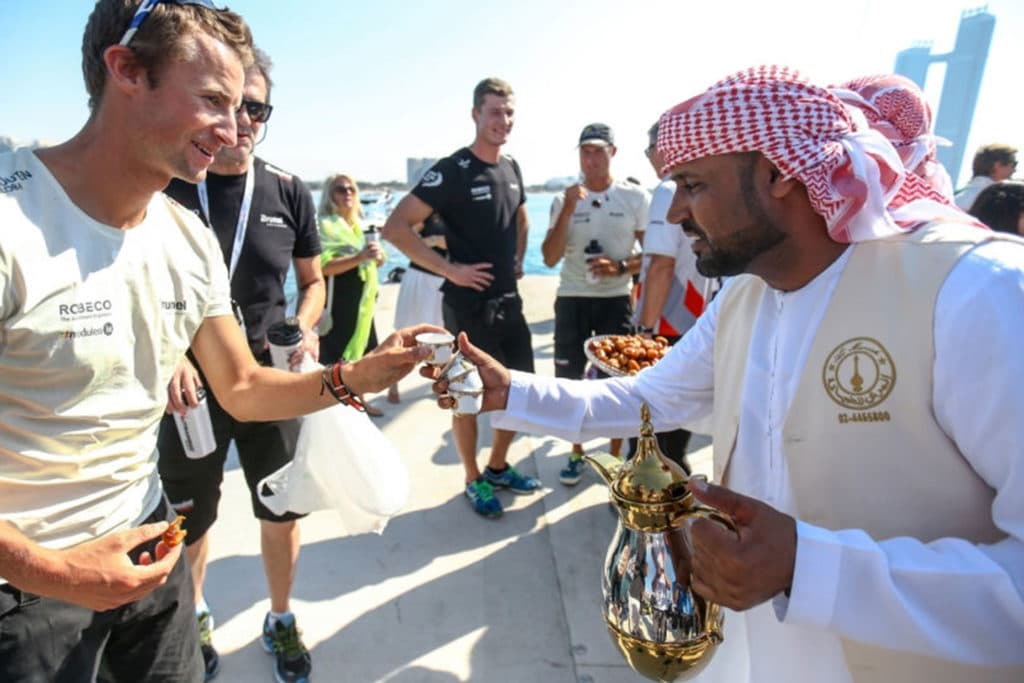
Team Brunel’s Louis Balcaen
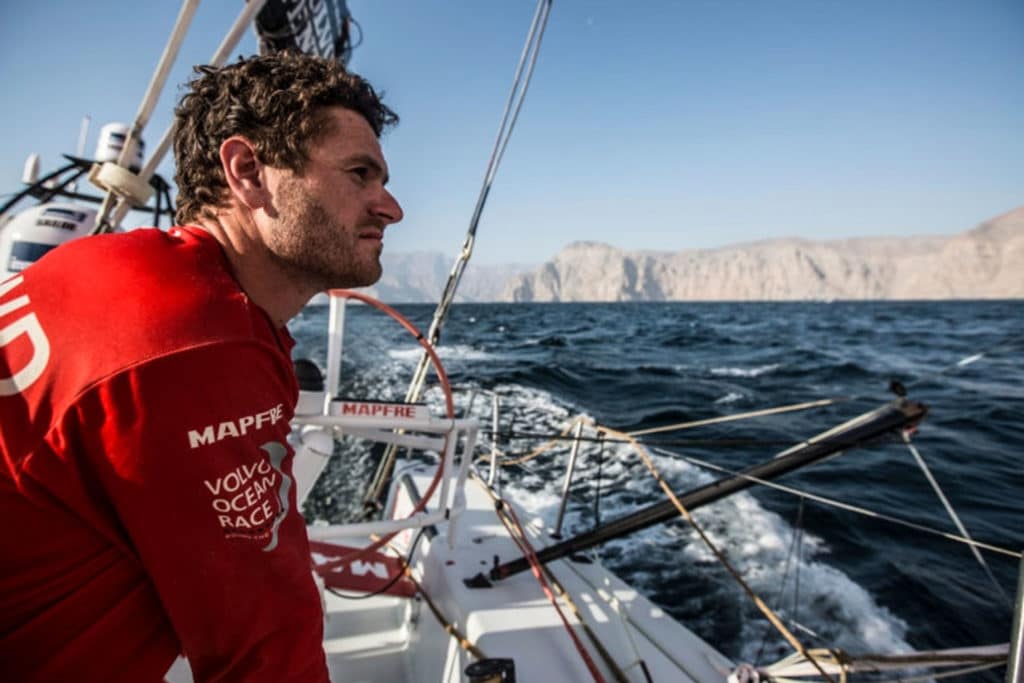
MAPFRE’s Anthony Marchand
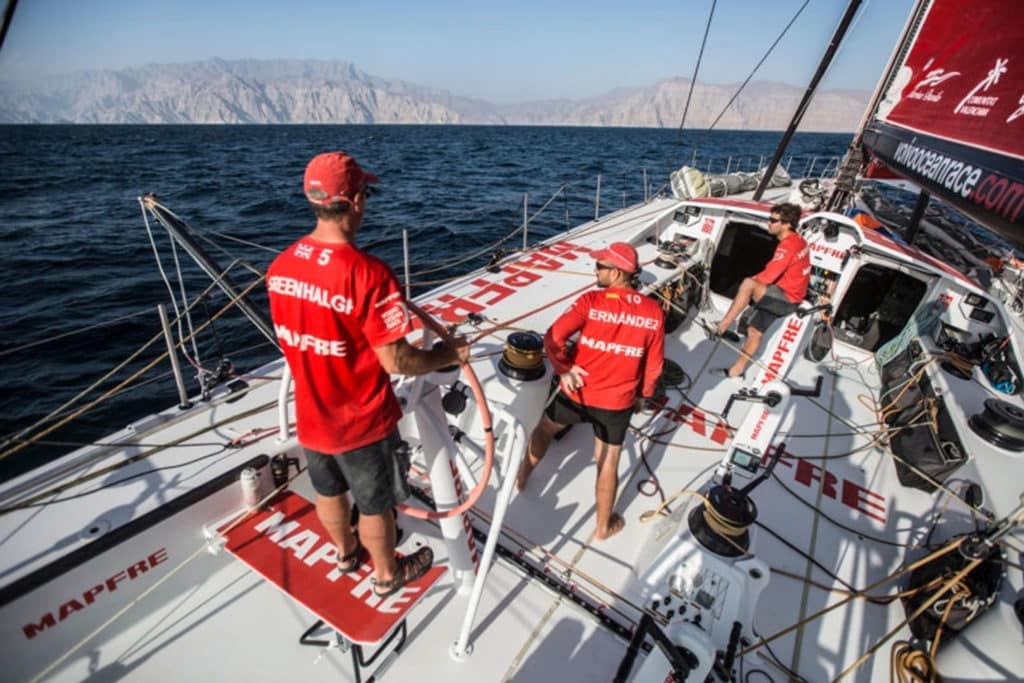
Watch 1 on MAPFRE
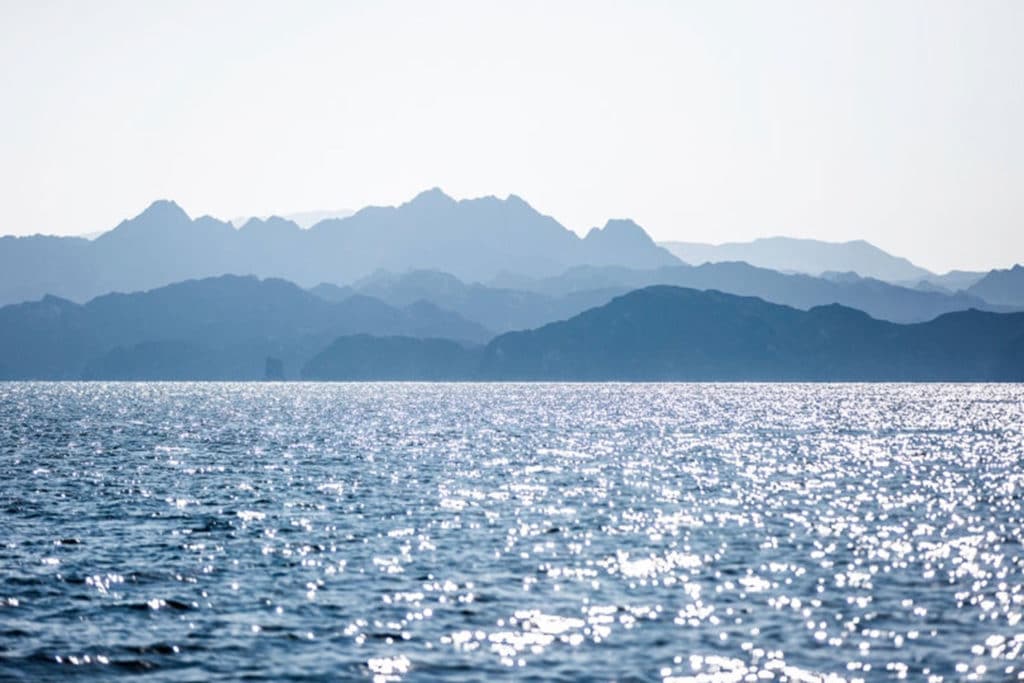
Oman
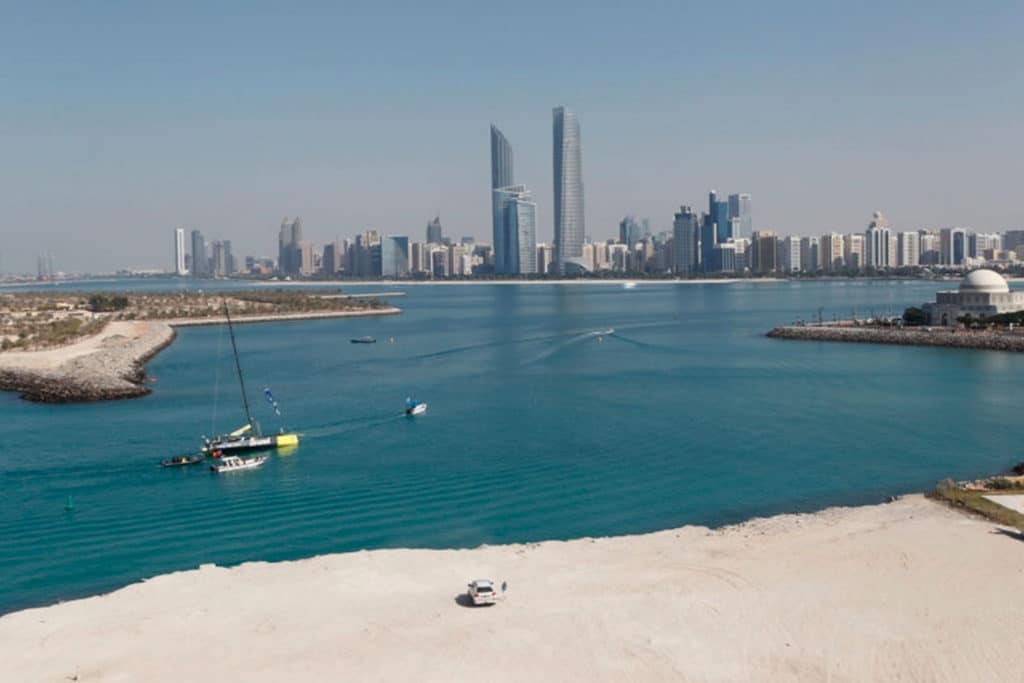
Abu Dhabi’s Race Village
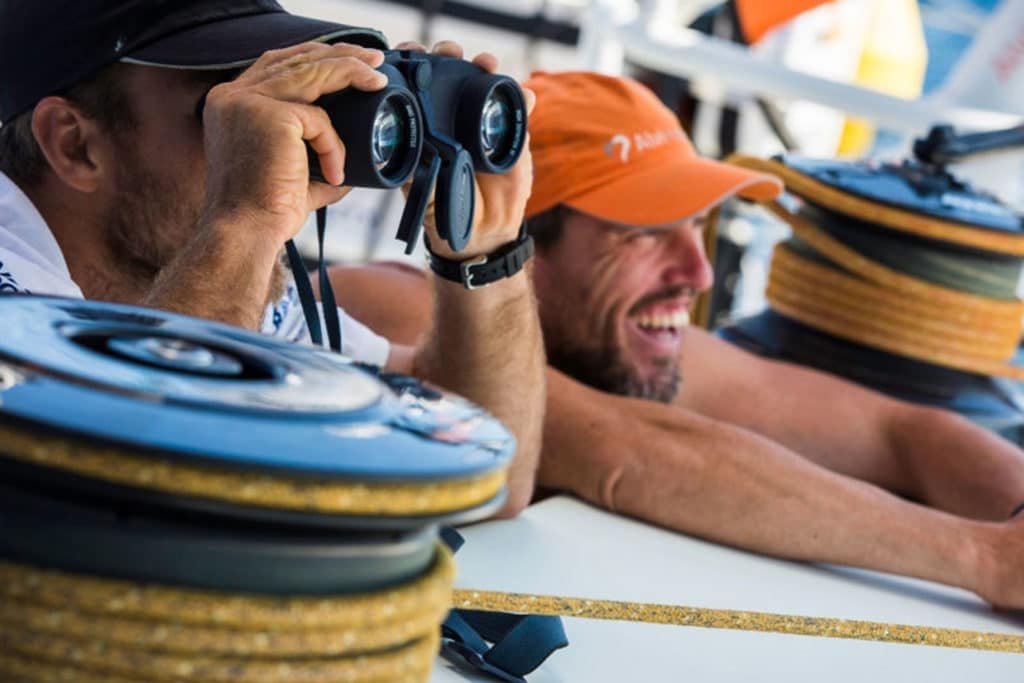
Team Alvimedica’s Nick Dana
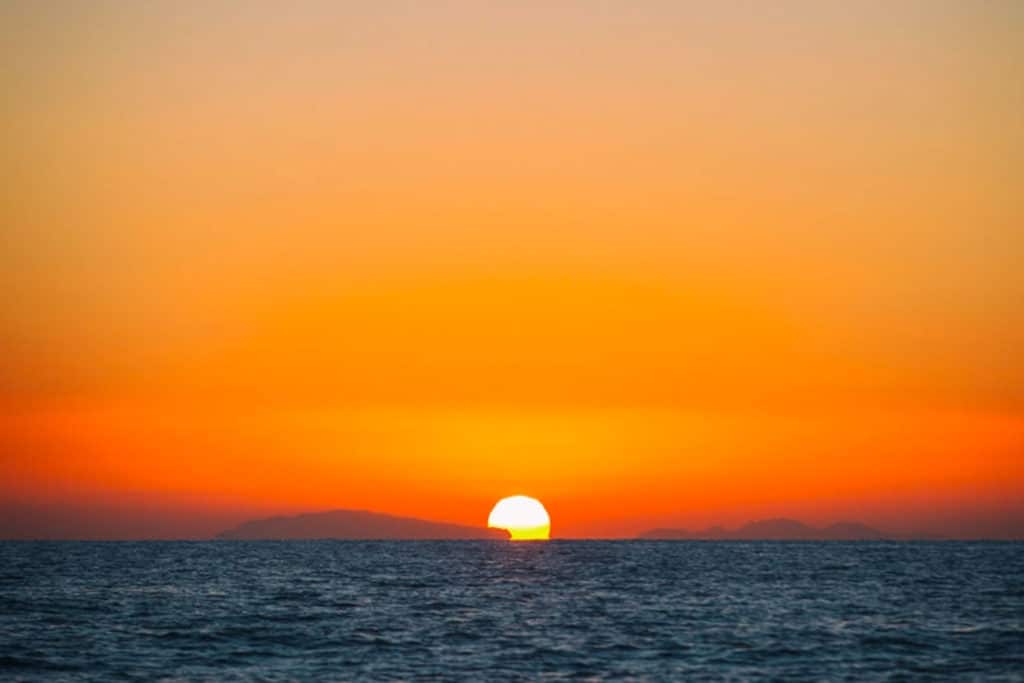
Sunset over Oman
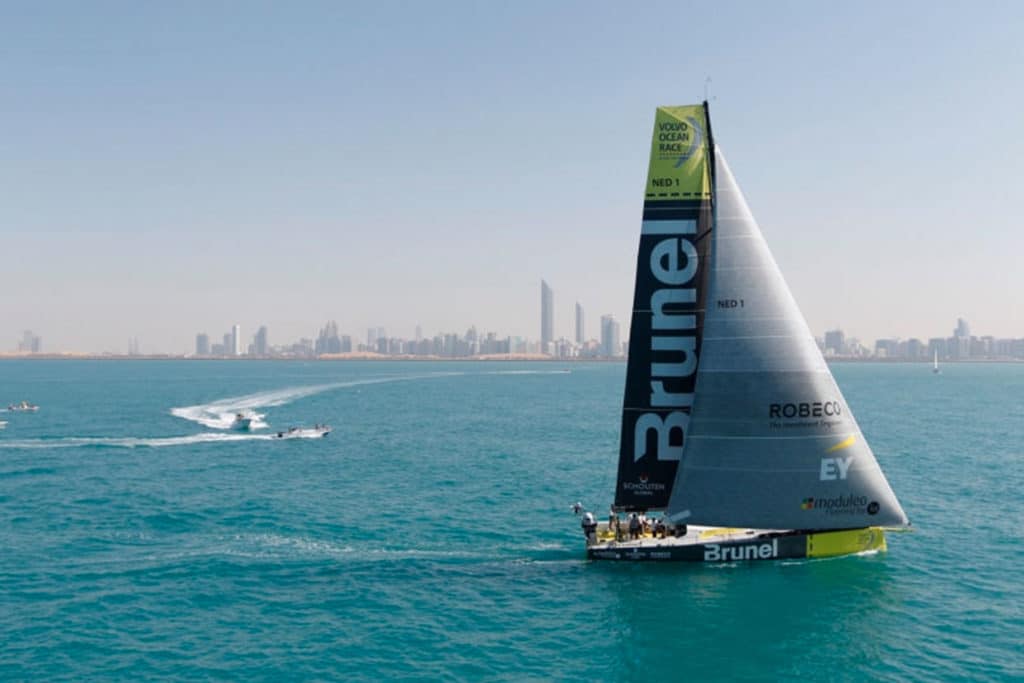
Team Brunel arrives in Abu Dhabi
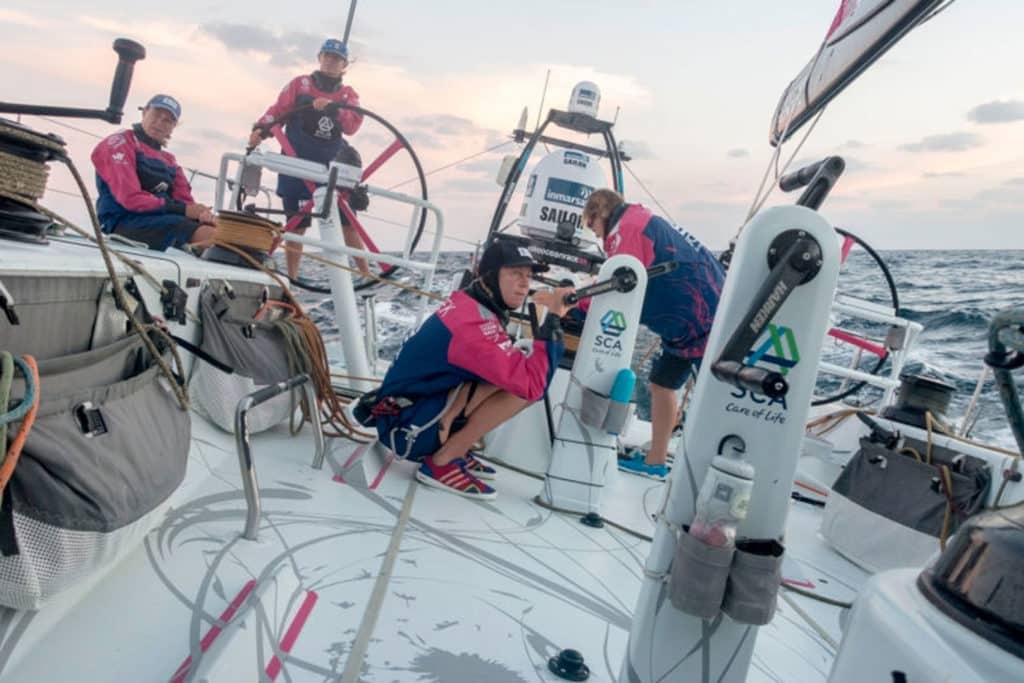
Team SCA Sunset watch
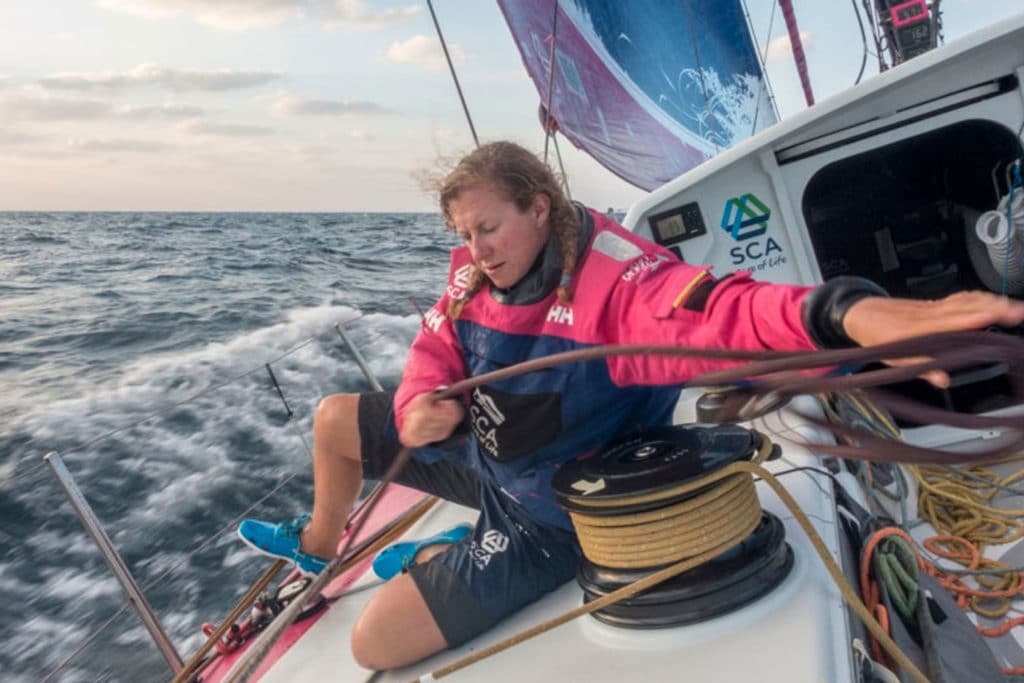
Annie Lush
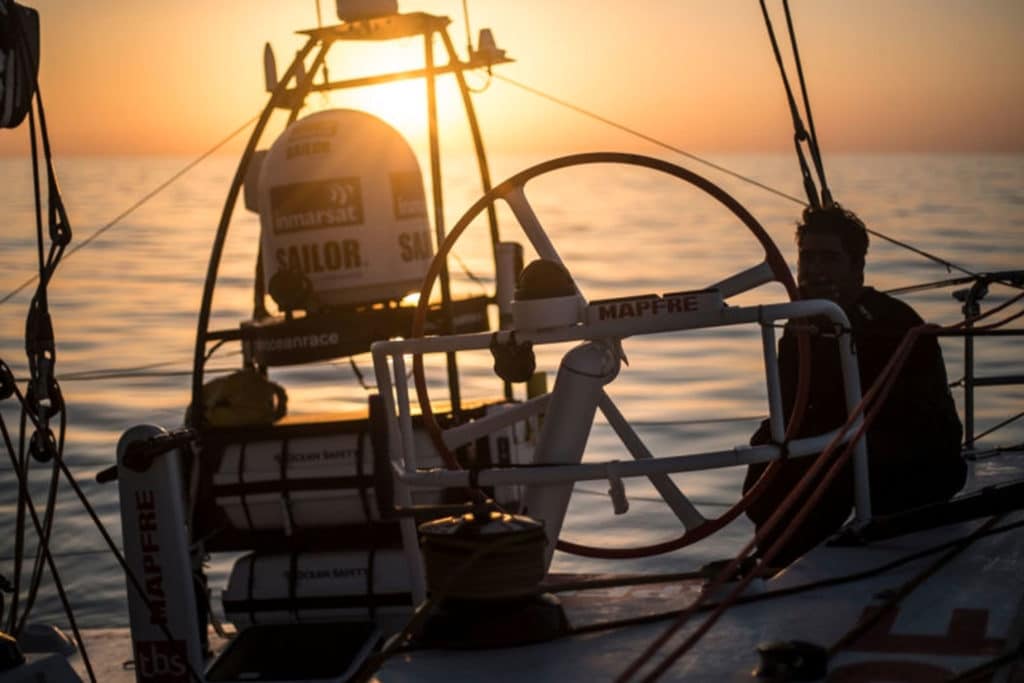
Andre Fonseca
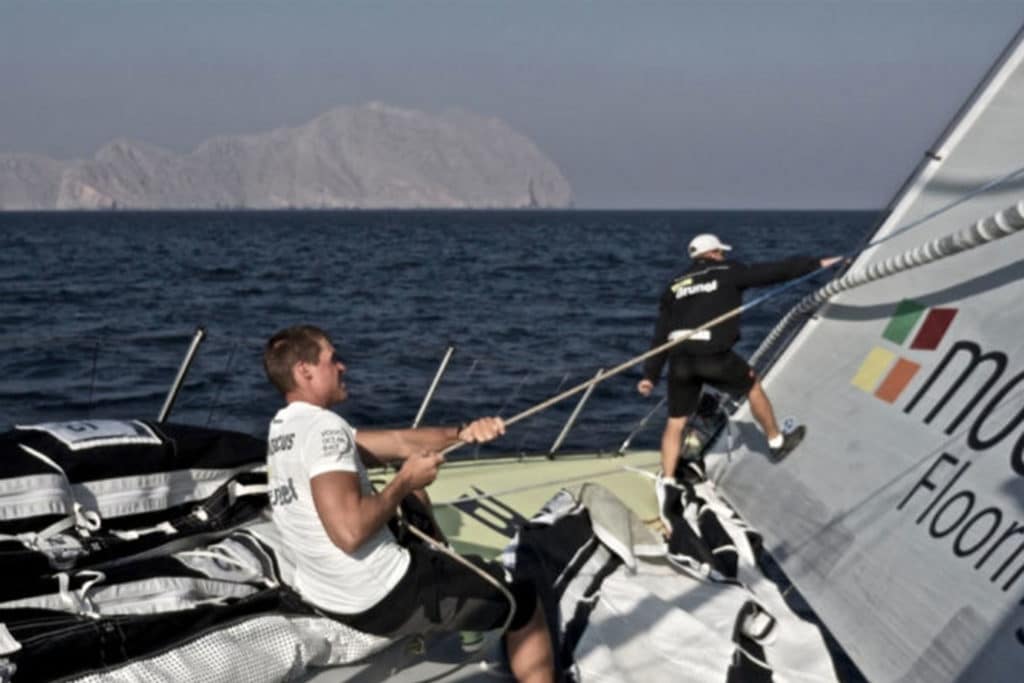
Rokas Milevicius and Gerd-Jan Poortman
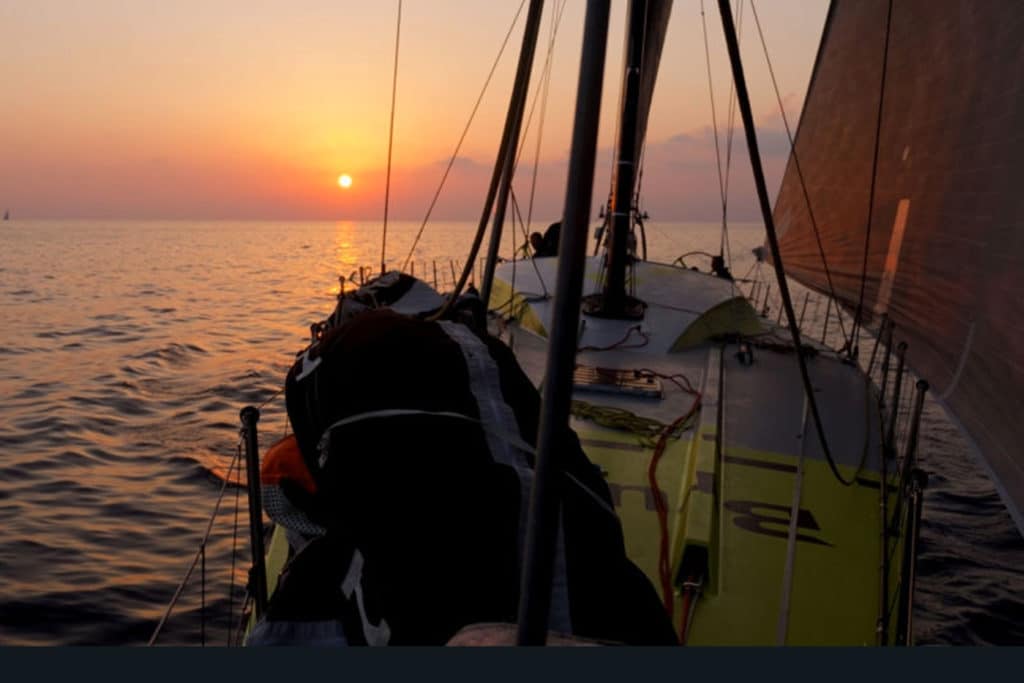
Team Brunel Sunset
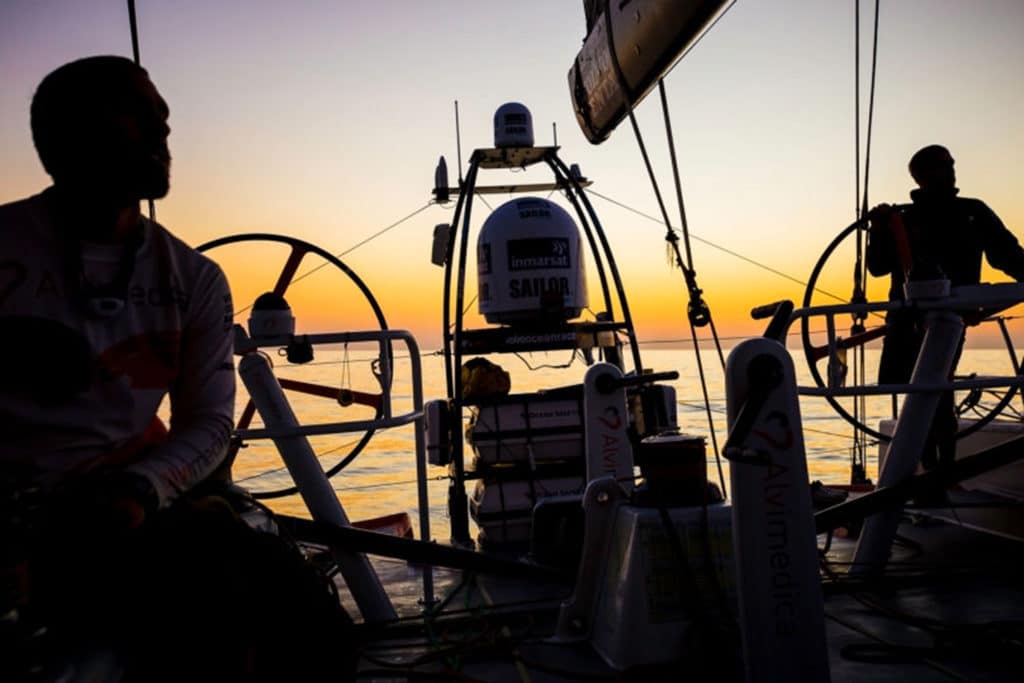
Team Alvimedica tries to hold MAPFRE at bay
